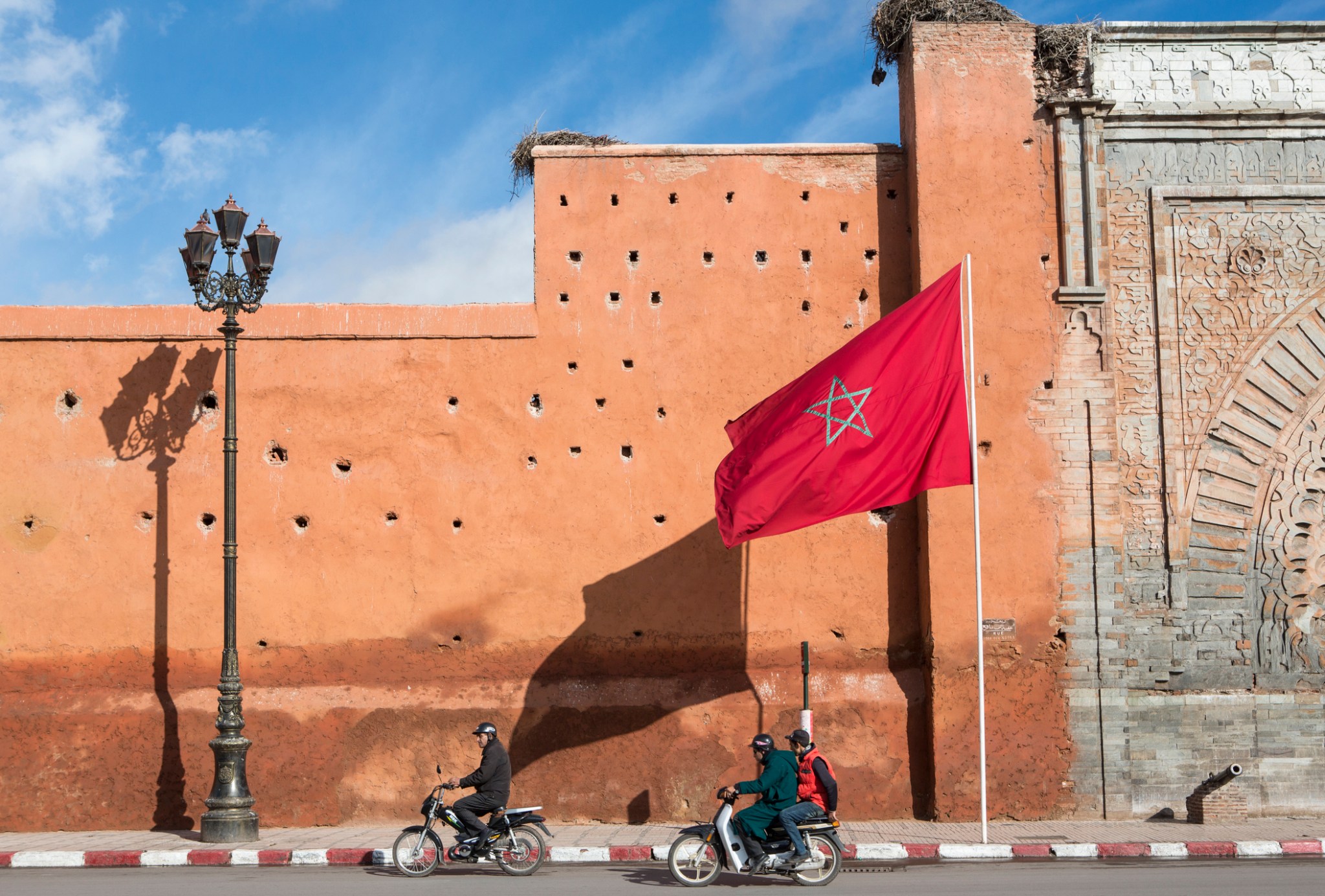On September 8, 2023, the highest magnitude earthquake in a century hit the Kingdom of Morocco’s High Atlas Mountains and took the lives of 2,901 people. The region is known for its mountainous and challenging terrain, making response efforts and travel to rural villages extremely difficult. The disaster was sudden and intense, further damaging already treacherous roads and complicating humanitarian logistics. As a result, the immediate responsibility of undertaking life-saving operations fell on civil society organizations (CSOs) and affected communities. Moroccans became rescue workers, using their bare hands and shovels to dig through the remains of their communities. Neighbors became caregivers, taking orphans under their wing. Survivors and others impacted became volunteers, providing food and other urgent supplies to their neighbors.
The earthquake demonstrated that decentralized government, as described in the 2011 constitution and its accompanying body of organic laws, is essential to ensuring responsive and effective services at the local government level. The catastrophe underscored the importance of empowering officials at the local level, enabling them to make time-sensitive decisions and mobilize resources to respond to urgent needs.
On the legal front, municipal laws and regulations that aim to engage local communities existed prior to the earthquake, however, they have not been implemented efficiently. For example, a civil society organization from the Province of Taroudant, a community that was severely damaged, expressed that the lack of transparency in funding eligibility criteria for civil society prevents some organizations from benefitting from the province’s budget allocation for CSOs. This impedes the growth of a CSO sector that can effectively respond to community needs. CSOs are essential government partners and a key pillar in response efforts as they deeply understand local priorities.
The earthquake also showed the value of inclusive governance and the importance of local resources in emergency response. The Amazigh people, who live primarily in outlying areas, were one of the hardest hit groups. Their communities were the least prepared for seismic activity and likely most compromised by deficiencies in the oversight of the construction industry, which is viewed as rife with corruption. Addressing such challenges moving forward will require empowering those at the local level who best know their communities and their needs.
Recovering from the tragedy, new opportunities to use advanced decentralization can help in rebuilding Morocco’s resilient communities. While honoring the central government’s obligation to preserve cultural heritage, open and inclusive processes can empower Moroccans to hold their government to account and engage in participatory governance efforts to improve transparency in public sector projects.
The earthquake highlighted the role of Moroccans as community leaders and reinforced efforts made by the central government to include citizens in the decision-making processes. IRI’s Tachbik members – networks of youth and women activists – in Taroudant did exactly that. They mobilized significant numbers of volunteers and resources in both the public and private sectors to bring supplies to remote villages and mobilized a national-level advocacy campaign to bring aid to the region. Traveling to villages in four-by-fours and on foot, Tachbik members were able to leverage communal council resources to support relief.
The response by Tachbik members, survivors, and impacted communities emphasizes the importance of local involvement in disaster risk management planning and the need for decentralized government structures to facilitate broad-based citizen participation in local decision making. It also highlights the exigency for partnerships between governments, civil society, and citizens for people-centered, inclusive, and open governance. For these very reasons, IRI will continue to support its local partners in advancing community-centric governance as part of Morocco’s Open Government Partnership commitments at the regional level and further accountability and transparency at the local level.
Top